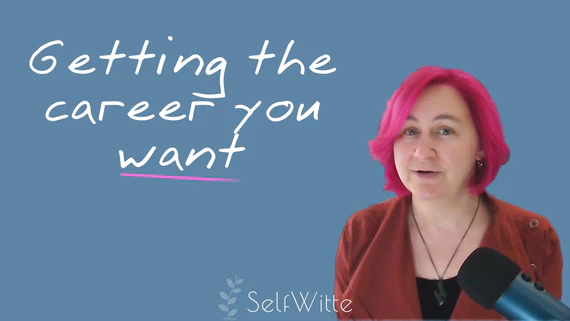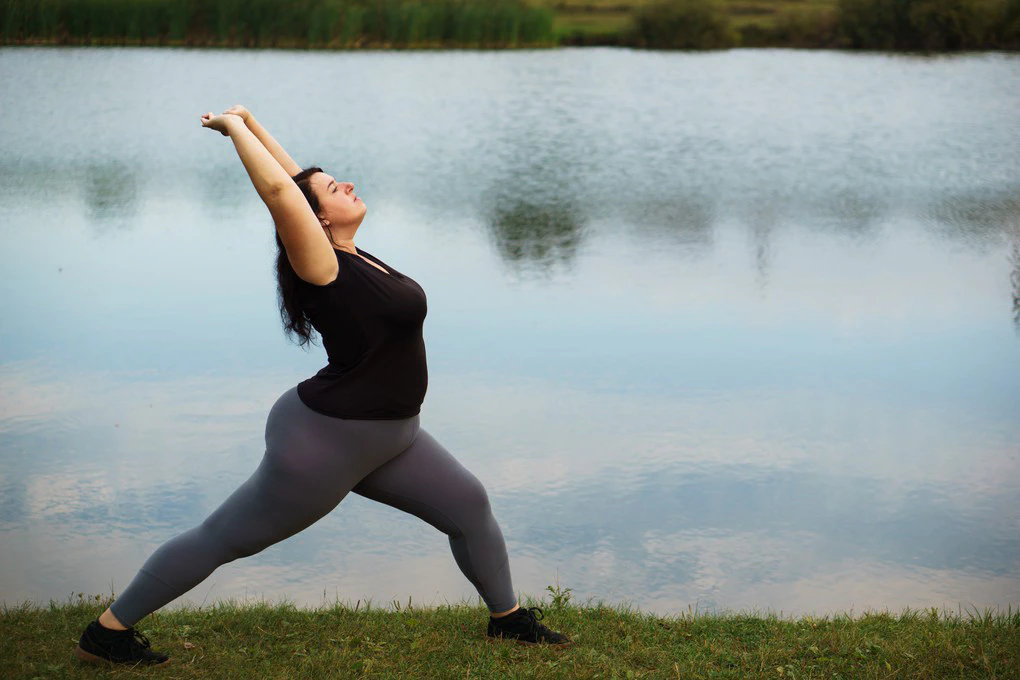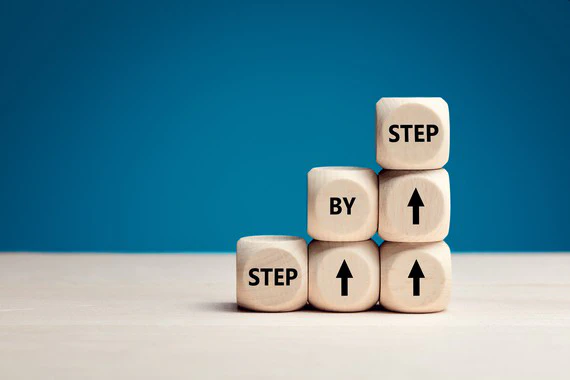
Getting the career you want
(Video Playlist) Looking to climb the career ladder and a little lost about why it's not happening? This playlist gives …

One of my early mentors was really blunt. During a period where I was anxious about vacation (it felt like an especially busy time), she said, “I always take Every. Bit. of my vacation. You are an idiot if you don’t.” I’m guessing if your company said, “Hey, do you want to work for us for free for two weeks,” most people would decline. But that’s effectively what happens when people don’t use their vacation.
In prep for this post, I looked at the research to confirm that taking vacation was good for your mental health, or lowering stress, or job satisfaction, and discovered a surprise. That isn’t what the research shows! Instead, I see many studies and meta-analyses that say, “Vacations make people happier for a couple of weeks after their vacation. But then it fades and they return to their baseline.” I’m not seeing evidence of any long-lasting effects. And, this “vacation fade out” effect is pretty well-established, and includes studies where the average vacation time was 23 days (longer than most US vacations).
So, are vacations useful? Why do we tell each other to take them so often? I started wondering if maybe the advice isn’t “take vacations to feel less stressed” but “to feel less stressed, work in a place where you feel free to take vacations”. While taking vacations might feel like they reduce stress, maybe it’s more that having control over your schedule reduces stress, not that vacations themselves do it. (Also: If you’ve never felt free to take vacations, think about whether your coworkers took them. If so, it’s unlikely to be entirely a company culture problem.)
I did find some studies that seem to show that having workplace flexibility (which is similar to “feeling free to take vacations”) reduces burnout, so that implies this might be the correct way to think about it. Additionally, there’s evidence that shows that for those who take vacations, this fade out effect is lessened if they feel organizational support and job security, also supporting the “work in a place where you feel free to take vacation” advice.
All that to say, I was going to write a post extolling the virtues of vacation as I am heading off to one for myself this coming week, but instead found something unexpected – that probably I’m actually just happy that I’m free to declare that I’m off next week. See you on the flip side!
I didn’t include every article I read (there were multiple others that confirmed the fade out effect), but this is a reasonable sampling of what I found.
de Bloom, J., Geurts, S. E., & Kompier, M. J. (2012). Vacation (after-) effects on employee health and well-being, and the role of vacation activities, experiences and sleep. Journal of Happiness Studies, 14(2), 613–633. https://doi.org/10.1007/s10902-012-9345-3
This study looks at the effects of longer vacations (greater than 14 days, with average length of 23 days) to see if longer vacations reduce the effect of vacation fade out. They still find that vacation fade out occurs within approximately a week of returning to work.
de Bloom, J., Kompier, M., Geurts, S., Weerth, C., Taris, T., & Sonnentag, S. (2009). Do we recover from vacation? Meta‐analysis of vacation effects on health and well‐being. Journal of Occupational Health, 51(1), 13–25. https://doi.org/10.1539/joh.k8004
This study reviews 7 studies about the vacation fade out effect and finds that while vacations have a modest effect on health and well-being, the effects fade out shortly after returning to work. At the time of the study (2009), linking that information to activities and experiences on vacation (and seeing what effect different ones had) hadn’t been well-studied.
Maglalang, D., Sorensen, G., Hopcia, K., Hashimoto, D. M., Katigbak, C., Pandey, S., Takeuchi, D., & Sabbath, E. L. (2021). Job and family demands and burnout among healthcare workers: The moderating role of workplace flexibility. SSM - Population Health, 14, 100802. https://doi.org/10.1016/j.ssmph.2021.100802
Surveying 874 nurses in Boston, this study found that people who reported higher workplace flexibility also reported less burnout. It also specifically looked at the relationship between whether workplace flexibility helped with burnout when workers had significant family demands.
Reizer, A., & Mey-Raz, N. (2019). Slowing down vacation fade-out effects. International Journal of Stress Management, 26(3), 213–222. https://doi.org/10.1037/str0000103
This study surveyed 124 people before vacation, and then twice after returning (immediately, and two weeks after). While they still saw the vacation fade out effect, employee exhaustion and perceived health were better for longer after vacation when the employee believed their job was secure and that their organization supported them.

(Video Playlist) Looking to climb the career ladder and a little lost about why it's not happening? This playlist gives …

(Video Playlist) Are you trying to maintain some sanity in your workday and schedule? I've got productivity tips and …
This takes you to the appointment page where you can choose an introductory call or full length session. In the form, note you are looking for coaching.
Book Now